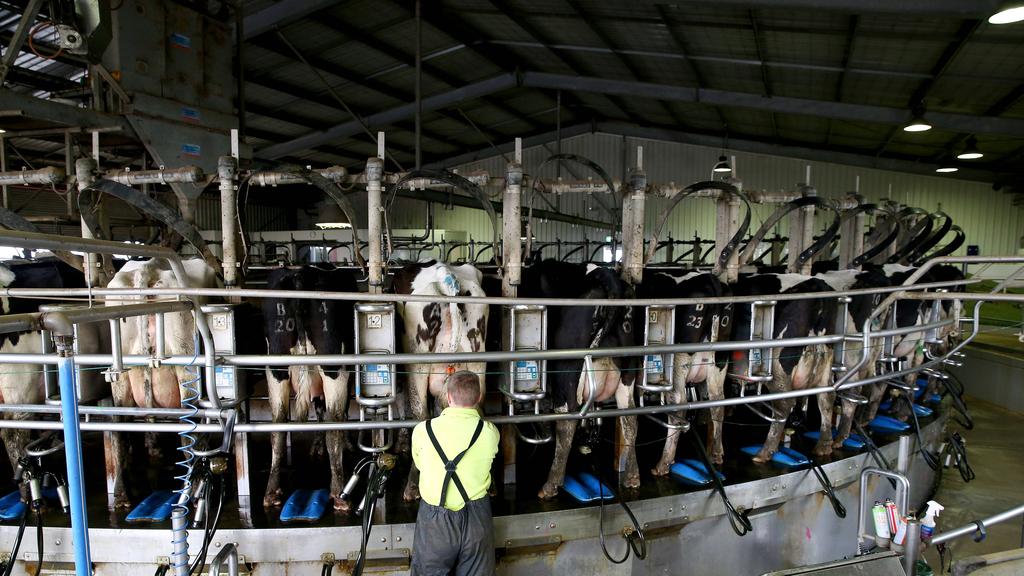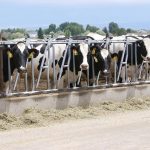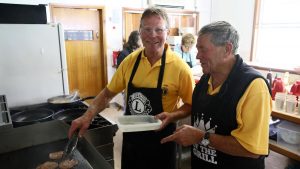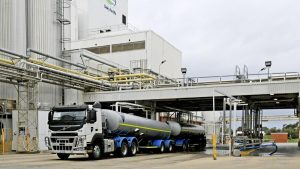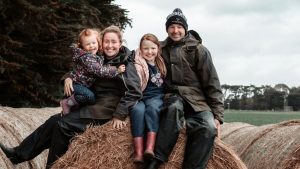
With summer just days away, dairy farmers nationwide are venting their frustration with Australia’s major processors as hopes of a springtime price step-up evaporate.
Today marks the 21st week since the start of the 2020-21 season with no farmgate step-up in sight — the longest price impasse in two decades, aside from the fallout following the 2016 clawback by Fonterra and Murray Goulburn.
Fonterra is yet to move from its average farmgate price of $6.40/kg of milk solids offered prior to the July 1 opening.
The Auckland-based processor kicked off its average farmgate price on June 1 at a dismal $6.06/kg of milk solids — prompting a backlash from suppliers forcing Fonterra to bump it up to $6.40/kg, where it remains today.
Saputo also opened at $6.40/kg while Bega split its average figure down regional lines — $6.40 offered to southern Victoria suppliers and $6.55/kg of milk solids to northern Victoria.
Bega pricing status remains the big unknown, with the processor placed in a trading halt this week ahead of an expected multimillion-dollar purchase of Lion Dairy and Drinks from Japanese conglomerate Kirin.
United Dairyfarmers of Victoria president Paul Mumford said processors needed to recognise the industry was tracking well and pass on at least an incremental increase to farmers.
“It’s hard to put a figure on (an average farmgate price rise) but obviously the more the better,” Mr Mumford said.
“Even a 10c step-up in the average shows confidence in the sector. To put farmers in a price holding pattern isn’t fair on the people that produce the raw product — the people that make dairy what it is. There’s a growing view from farmers that a step up is not only the fair thing to do, it’s necessary.”
Farmer Power chief executive Garry Kerr said the denial of a spring step-up from processors would force more primary producers to consider their future.
“How many farmers does it take to leave the dairy industry before the processors start paying a fair price? Every year, the number of dairy farmers declines across Australia and it’s no wonder — they’re not being paid a fair price,” Mr Kerr said.
“Fonterra isn’t worried about Australian dairy farmers in their New Zealand head office; Saputo isn’t worried about Australian farmers in their Canadian head office. That’s what it comes down to — farmers are out of sight, out of mind to these companies.”
Dairy Connect president Graham Forbes said his NSW farmers group was concerned the static farmgate price in Victoria would have a flow-on effect nationally.
“When you have reasonable international prices at the moment, it’s only fair that gets passed on at the farmgate,” he said.
“The fact there’s been no spring step-up in Victoria has that ripple effect here in NSW. It must be remembered that it’s not just the processors that are accountable when it comes to pricing, so are the supermarkets. One of the challenges we face as a sector is that we’ve gone as an industry dominated by co-operatives, run by farmers for farmers, to prices determined overseas, and that’s happened in a very short time frame.”
Management at Bega, Fonterra and Saputo as well as NSW-based co-operative Norco were contacted by The Weekly Times over the status of their respective farmgate prices but did not respond in time for deadline.
Concerns have been raised by Victorian farmers that the mandatory dairy code of conduct — introduced by the Federal Government in January — had distorted the usual farmgate pricing rhythms.
The Federal Government, in consultation with the Australian Competition and Consumer Commission, is set to undertake a review of the code early in the new year.
Southwest Victorian farmer Bernie Free said the ACCC needed to ensure its review was conducted in a timely manner to ensure processors did not use the code as a stalling tactic.
“There are concerns that the mandatory code is being used as an excuse not to raise farmgate prices,” Mr Free said.
“When a review takes place, that needs to be front of mind. The processors are keen to show that they still have the upper hand.”
An ACCC spokesman said the first review of the code must commence “on or after 1 January 2021. There has been no specific date set for the commencement of the review.”
“As mandated by the code, the review will include consultation with a range of dairy industry stakeholders, including farmers,” the spokesman said.
“The code review will be led by the Australian Government. The ACCC, as the agency that enforces the code, expects to be consulted as part of the review.”
